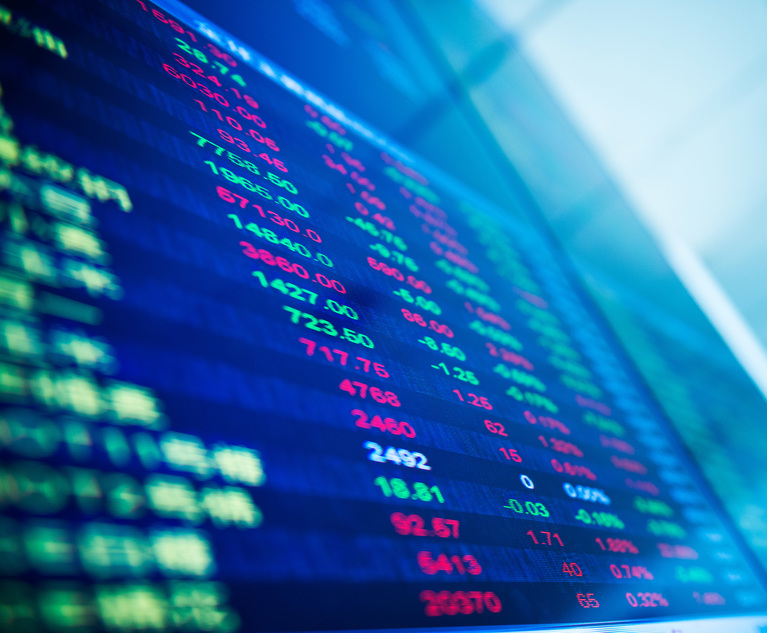Stocks faced a lot of instability, with traders weighing mixed economic numbers amid bets they won’t be enough to sway the Federal Reserve from reducing the pace of tightening next week as recently signaled.
The S&P 500 wavered as an unexpected drop in short-term inflation expectations tempered worries with a hotter-than-expected producer-price reading. Swaps still signaled markets betting officials will raise rates by 50 basis points Wednesday, following four consecutive 75 basis-point hikes.
“Keep in mind compared to where we were a year ago, we are in a better place and headed in the right direction,” said Mike Loewengart at Morgan Stanley Global Investment Office. “It’s unlikely today’s hotter-than-expected report would be enough to push the Fed to stick with the 75 basis point hikes next week, but any negative news on the inflation front is a thorn in the side of both the Fed and investors.”
On the eve of the Fed decision, all eyes will be on Tuesday’s consumer inflation figures. U.S. central bankers, including Chair Jerome Powell, have been signaling a slowdown in the pace of rate hikes while stressing borrowing costs will need to keep rising and remain restrictive for some time to beat inflation.
A combination of factors, including persistent inflationary pressures and higher-for-longer interest rates, could mean the economic recession that’s widely expected in 2023 will turn out to be shallow but drawn-out, according to strategists at Bloomberg Intelligence. A muted rebound in profits amid higher lending rates could slow the S&P 500’s annualized return to 5.7% in each of the next three years — half the speed of the 2010-2019 cycle.
While many investors are impatient for the Fed to deliver its last rate hike, history shows they should be wary of doing so while inflation remains elevated, according to Bank of America Corp. strategists.
An analysis by Michael Hartnett and his team showed that stocks outperformed after the Fed stopped increasing rates during periods of disinflation in the past 30 years. However, during the era of high inflation in the 1970s and 1980s, equities had fallen after the last hike, they wrote in a note. In the current cycle, they expect the Fed to raise rates for the last time in March 2023.
The International Monetary Fund, World Bank and others raised concerns about a worsening global outlook, while hopeful that China’s reopening will help support world growth. IMF Managing Director Kristalina Georgieva said indicators show further downgrades to global growth are likely. The institution currently forecasts global growth will be 2.7% next year, slowing from 3.2% this year.
Some of the world’s biggest investors predict that stocks will see low double-digit gains next year, which would bring relief after global equities suffered their worst loss since 2008.
Amid recent optimism that inflation has peaked — and that the Fed could soon start to change its tone — 71% of respondents in a Bloomberg News survey expect equities to rise, versus 19% forecasting declines. For those seeing gains, the average response was a 10% return.
There are no borrowers looking to sell fresh U.S. investment-grade bonds on Friday, according to an informal survey of debt underwriters.
The market was anxiously awaiting producer price index data, a key reading of inflation, which came in hotter than expected. It’s unclear whether a company that stood down on Wednesday and Thursday will return for another look next week, but it appears there aren’t many other deals lined up for the remainder of December.
Elsewhere, oil climbed after President Vladimir Putin said Russia may cut its output.
Rita Nazareth reports for Bloomberg News.
NOT FOR REPRINT
© 2024 ALM Global, LLC, All Rights Reserved. Request academic re-use from www.copyright.com. All other uses, submit a request to [email protected]. For more information visit Asset & Logo Licensing.


 Credit: xy/stock.adobe.com
Credit: xy/stock.adobe.com




